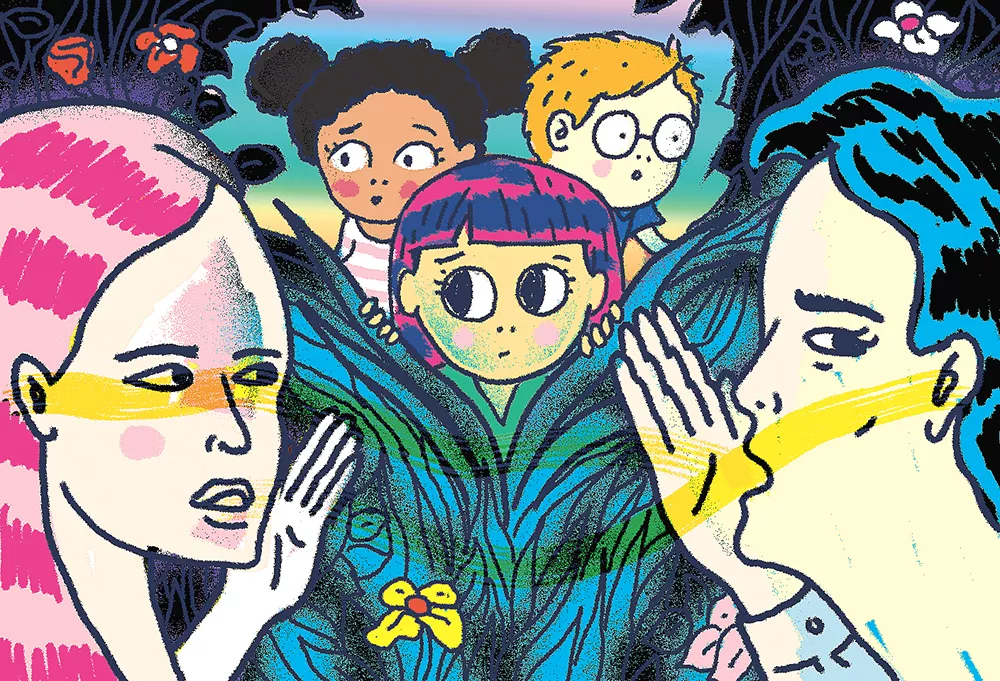For the last couple of months, I've been listening almost nonstop to the musical Hamilton. It's a masterwork that simultaneously celebrates our nation's origins and challenges us to be "young, scrappy and hungry" in building an ever more perfect union.
This weekend, though, I turned to an older piece of musical theater that I've long loved and seemed equally important to the political moment in which we find ourselves. Stephen Sondheim's Into the Woods retells classic fairy tales, brilliantly interwoven into a narrative that concludes as the first act's curtain falls with each character achieving his or her greatest wish.
It's in the second act, though, where things really get interesting. The world becomes chaotic with the entrance of a literal giant, and as fairy tales make way for the complexity of life — where there never is a "happily ever after." Nor a final tragic ending; instead, just the mix of joys and sorrows that fill a continuing journey through the Woods.
The arts are powerful tools to understand ourselves. Storytelling is how we make sense of our lives and each other. In many ways, both Hamilton and Into the Woods are both about this same basic truth: The stories we tell shape us.
That's perhaps best expressed in Sondheim's song "Children Will Listen." The song brings back a tune from earlier in the production about children revolting against their parents, but with a new, contrasting refrain:
Careful the things you say Children will listen Careful the things you do Children will see and learn Children may not obey, but children will listen Children will look to you for which way to turn To learn what to be
We tell stories not just in what we say, but in what we do — including whom we vote for and what we're willing to fight for. The stories we tell through our actions can be even more powerful than those we tell through our words.
But as Hamilton and Into the Woods prove, our words — particularly when transformed into lyrics and accompanied by compelling melodies — can also make a profound difference.
Recently I've come to appreciate another important commonality between these two productions: Both feature strong, determined women. And one important story for us to be telling right now, through our words and actions, is the equal capacity and capabilities women bring to every aspect of our society.
We can tell this story through our actions by supporting public policies that guarantee equal pay for equal work, combat violence against women, and protect women's constitutional rights to make decisions regarding their health and bodies. At the same time, we must continue to tell these stories through books, art and music.
One project deserving of attention is the recently launched Color with Luna, a coloring book "created to celebrate girls and empower the next generation of leaders through the power of words." The book features girls from a broad range of backgrounds stepping out boldly into the world (colorwithluna.com).
These are the kinds of stories we need to be telling, especially right now, whether at a march in Spokane or D.C., when we cast our votes, or through the coloring books we give our kids — because children will listen.♦


















